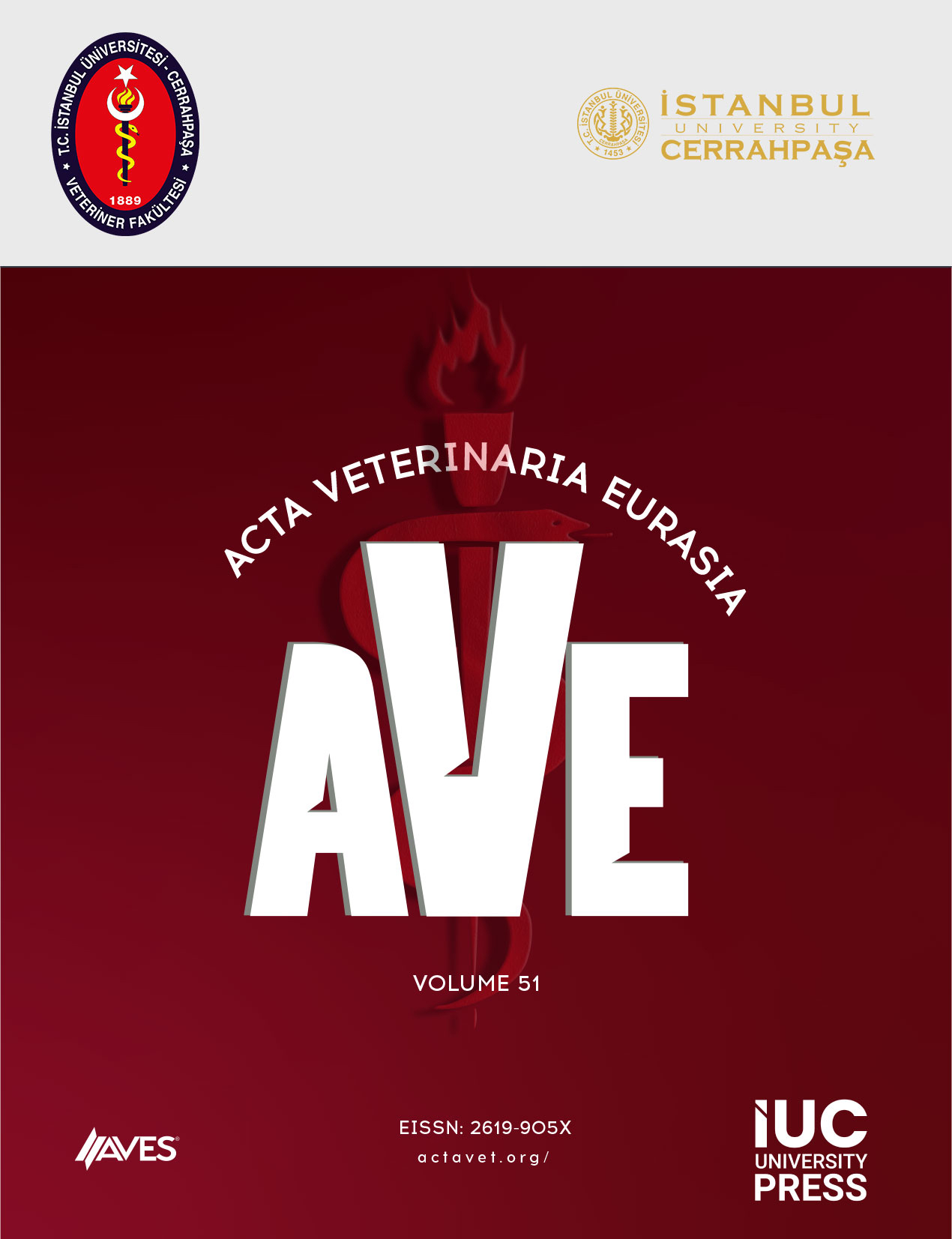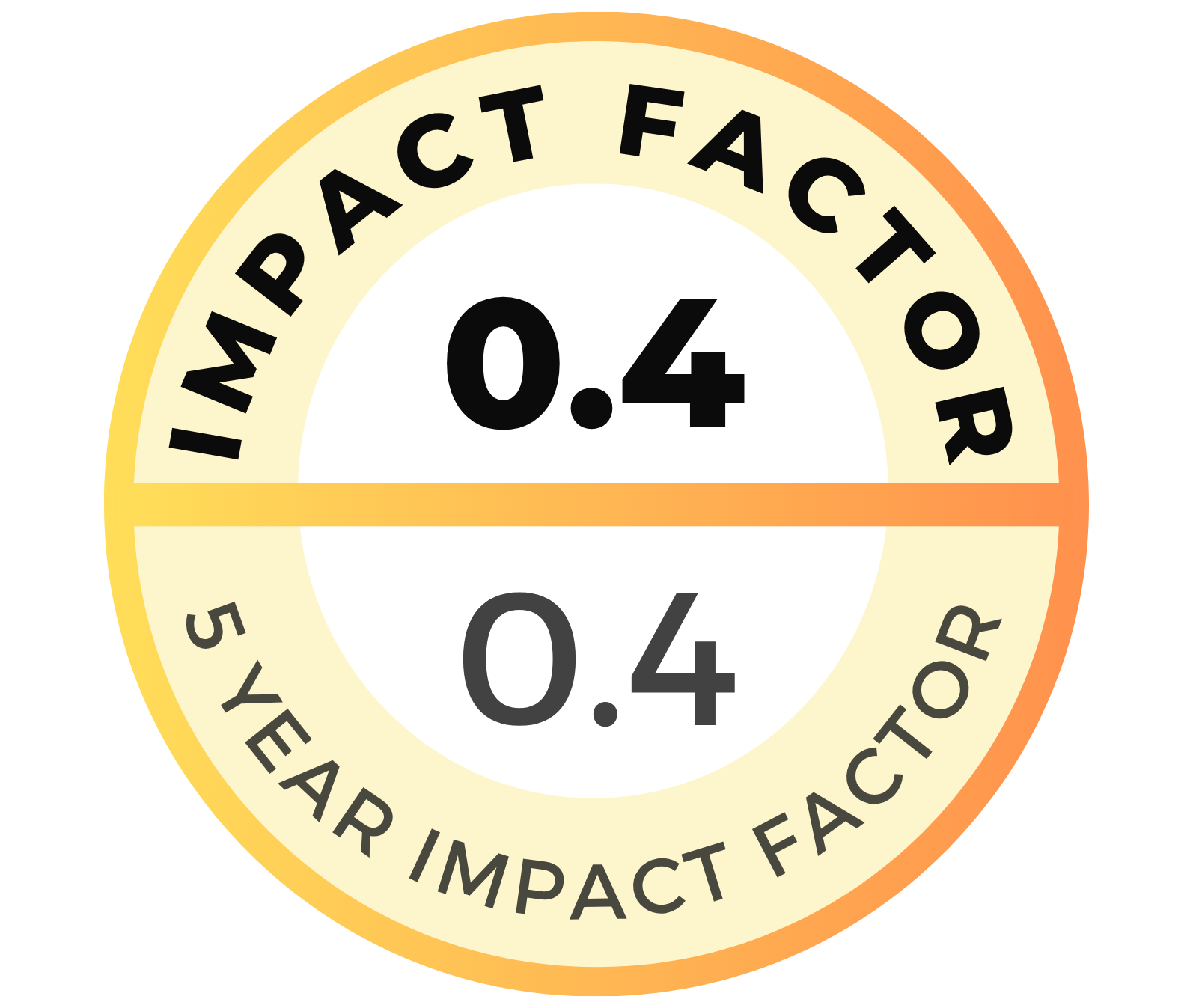Indigenous goat breeds might be utilized as the fundamental elements required in a breeding program. The goat’s productivity could be increased through molecular breeding. Bone morphogenetic protein 4 gene plays a vital role in cumulus expansion, ovulation, follicular growth, and differentiation, which can operate directly on the granulosa and result in a significant alteration in the follicle-stimulating hormone activity. The study was carried out to investigate the polymorphism in the bone morphogenetic protein 4 gene and to analyze the factors that correlate with follicle-stimulating hormone levels in Indonesian native goat breeds. To our knowledge, no studies have examined the bone morphogenetic protein 4 gene in Indonesian indigenous goat breeds. This study was conducted in three regencies that represented different goat breeds. The polymerase chain reaction fragments were digested using PvuII restriction enzymes, and deoxyribonucleic acid sequencing was performed for further analysis. The restriction site showed a similar pattern, indicating merely one allel (G)/GG genotype existed. Further, nucleotide sequence alignment analysis of the intron 2 bone morphogenetic protein 4 gene revealed that single-nucleotide polymorphisms were not detected. In other words, the bone morphogenetic protein 4 gene was monomorphic in the screened goat breeds. The frequency of genotype GG and allele G was reported to be 1.0, respectively. The locations and permanent teeth classification showed a significant distinction among categories, whereas the oestrus cycle was not associated significantly. Therefore, the present research could not reveal the association of reproductive traits with the polymorphisms of the bone morphogenetic protein 4 gene in Indonesian native goat breeds.
Cite this article as: Febriana, A., Sarjono, W., & Sabir, S. (2024). Bone Morphogenetic protein 4 gene polymorphism as a potential biomarker of reproductive traits in goat. Acta Veterinaria Eurasia, 50(1), 58-64.





.png)